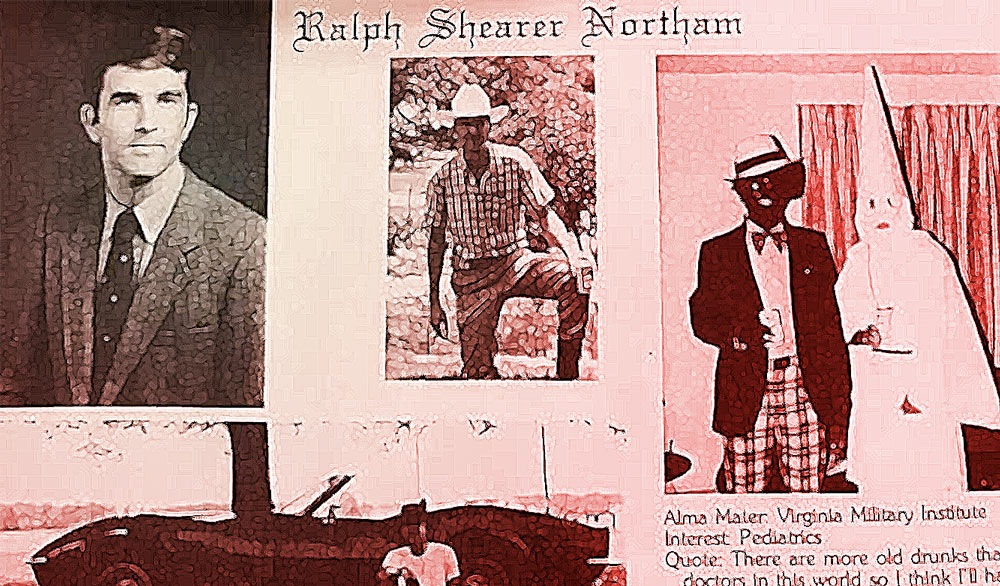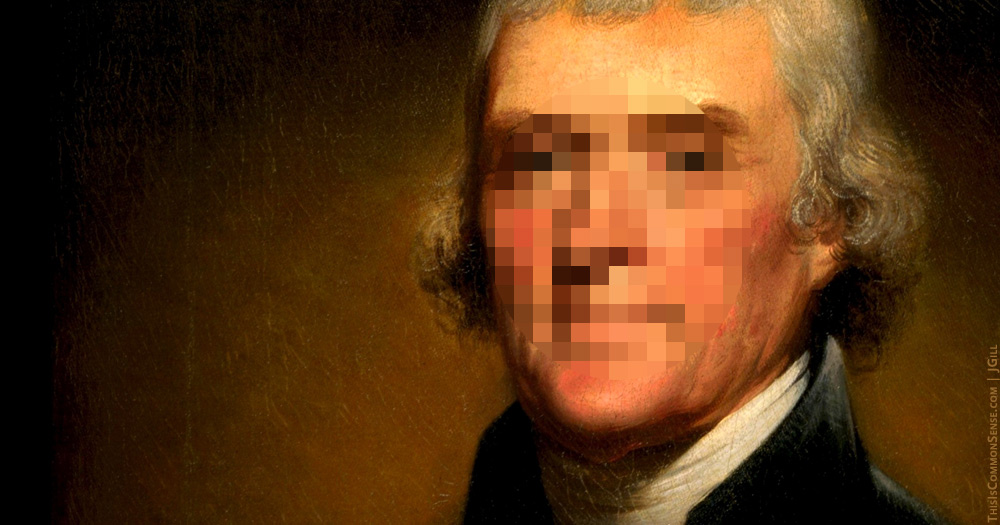Hear that?
It’s the faint sound made by an incredibly perfunctory effort to get to the bottom of the yearbook scandal that has cast, shall we say, a blackface shadow over Virginia Governor Ralph Northam.
Back in February, news broke that the governor’s personal page in the 1984 Eastern Virginia Medical School (EVMS) yearbook contained a photograph of one person in blackface next to another wearing Ku Klux Klan robes and hood.
“That photo and the racist and offensive attitudes it represents does not reflect that person I am today. . . .” Gov. Northam offered. “I am deeply sorry. I cannot change the decisions I made, nor can I undo the harm my behavior caused then or today.”
The next day, Northam recanted, claiming that neither the painted nor hooded head was his, and bafflement as to how the photo got onto his page.
The media hasn’t been digging into the story, but the McGuireWoods law firm was hired by EVMS to “independently” investigate.* Yesterday, the firm released a 55-page report that couldn’t say one way or the other about the who or the how of his yearbook page photo — while acknowledging that “one witness has reported to us that he recalls reviewing the Governor’s personal yearbook page with the Governor in 1984.”
Apparently, Northam’s staff had provided various options for responding to the “chaotic” media frenzy, including a “full denial” and “full acceptance.”
Talk about zeroing in on a plan.
“I always rely on my communications people,” Northam told investigators. “I don’t know why the statement went in the direction it did.”
There may be many courses of action, but only one truth. Which is what Gov. Northam should have chosen.
This Common Sense. I’m Paul Jacob.
* The Portsmouth NAACP’s James Boyd expressed “zero trust” in the investigation, calling the law firm “attorneys for Ralph.”

—
See all recent commentary
(simplified and organized)


